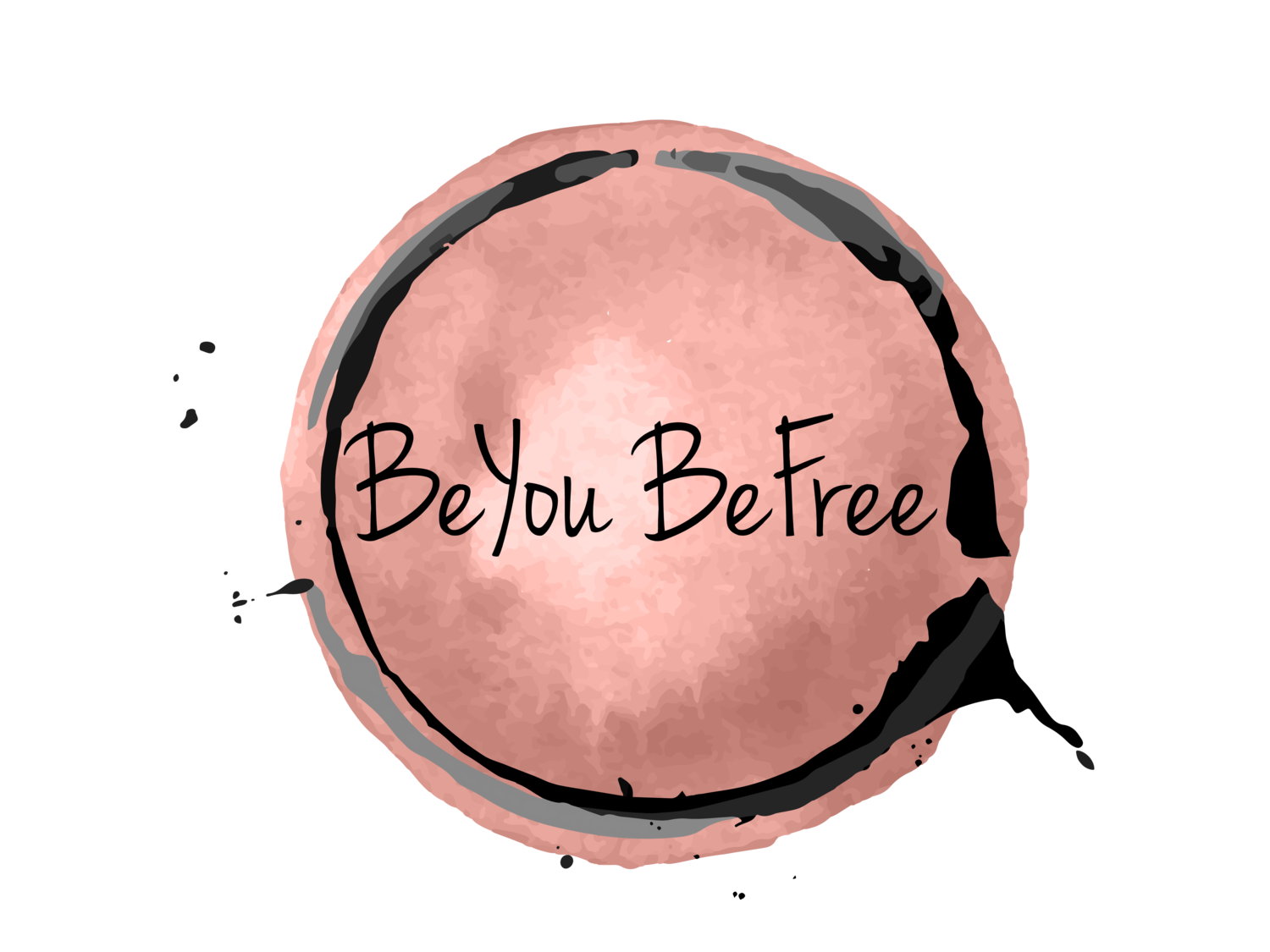What is happiness?
Happiness is defined in the dictionary as, “the feeling you have when things give you pleasure”, which is a pretty apt description. We spend our lives on this pursuit of pleasure, but the journey to happiness is not always an easy one. Why is it that some people find it easier than others?
Leading researchers in positive psychology have uncovered that we all have a set-point of happiness [27]. 60% of this set-point is determined by our disposition, which includes our genetics, upbringing, family history, and socioeconomic status. The remaining 40% is based on the choices we make in life, such as our work, relationships and life experiences. The 60% is pretty much set in stone as we can’t change who we are, or our past, but what we can control is the other 40%, through the choices we make in life. That gives us 40% to play with - so how can we start living a happy life?
Living the happy life.
The pursuit of happiness lies in what Positive Psychology founder Martin Seligman calls the PERMA model of wellbeing. PERMA stands for positive emotion, engagement, relationships, meaning and accomplishment. But how does the PERMA model help us achieve happiness?
Positive Emotions.
If we engage in positive thoughts, emotions and experiences, it can instantly increase our wellbeing. This may sound easy, but it’s not always the case - as human beings, we tend to let negative thoughts overcome us. We also have a bigger focus on the things that go wrong in life, rather than the things that go right. The good news is that we can change our thought patterns and behaviours. Here are five tips to get you started.
1. Reflect on the good things each day - spend a few minutes each night in bed thinking of all the good things that happened in that day.
2. Smile - at everything! This will not only lift your mood, but also the mood of others.
3. Use only positive words in all conversations. Take note of the affect it has both on you, and those around you.
4. Try not to let your thoughts control you. When a negative thought arises, try replacing it with three positive thoughts. Accept thoughts for that they are - just thoughts - but remember, YOU are in control. Don’t let them control you.
5. Spend some time each day noticing all the beauty around you. This will instantly lift your mood.
Engagement.
Engagement can be defined as moments, people, experiences and places where you feel absolute happiness - those times where you feel so complete and deep in something that you lose all track of time.
What engagements do you have in life that make you feel complete?
Try making a list - here’s a few of mine to give you some inspiration:
• Being out in nature.
• Travelling to a new country.
• Watching my favourite band.
• Watching the sunrise.
Write them down and choose one thing that you can start doing each week.
Relationships.
Relationships and the meaningful connections that we have with others is arguably one of the most important parts of our happiness. We need those close connections in life to thrive and survive. Spend some time reflecting on all your close relationships and connections. Be grateful, and prioritise your time for them. Most importantly, tell them how much they mean to you. You can do this by writing a gratitude letter. Write the letter to someone who has played a significant role in your life, and either deliver it in person, or send it in the post. Research has shown that after writing a gratitude letter, your happiness levels go up, and your negative thoughts and feelings go down.
Meaning.
Finding meaning is about discovering what gives you drive, passion and direction in life. What are the things in your life that give you meaning? For me, it’s my family, friends and my connections with my wellness, home and my work. Finding meaning is also about living in the now and enjoying every moment as it is, even when times get bumpy. Relax, laugh, play and enjoy the whole journey, (bumps and all), as that’s what life is all about.
Accomplishments.
To achieve happiness, we need to reflect on all our accomplishments and achievements. Ask yourself, what do I excel at? What have I achieved in the past? Spend some time today looking at your strengths, and start applying them to your everyday life. For me, kindness is one of my top strengths, so each day I try and practise kindness where I can.
We also need to continually work towards our accomplishments by setting goals. Goals represent landmarks on your journey, and if you don’t have a structured plan in place, then there will be no direction for you to follow. Set some SMART goals, (specific, measurable, attractive, realistic and timed). Start with 3-month outcome goals (three months is a realistic timeframe for most people to envision and achieve) with weekly action steps that will lead you there. Ask yourself, what would I like to be doing in three months that will lead me towards my happiness? What can I do each week to help get me there? Start today and write them down.
If you'd like to receive more health and wellbeing tips, then you can sign up for the BYBF newsletter here. You can also follow Be You Be Free on Instagram and Facebook.




